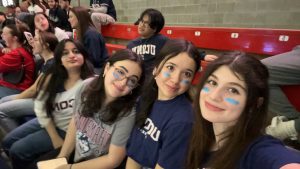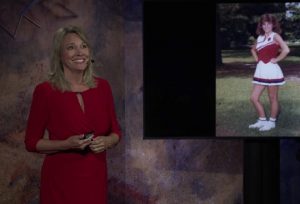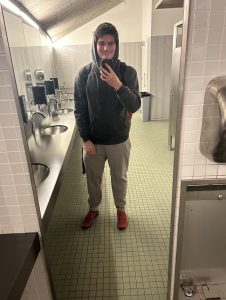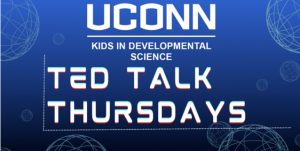
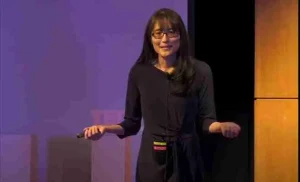
Parents want what is best for their children, regardless of age, socioeconomic status, and marital status. Despite this, parenting books send conflicting messages about whether tiger parenting or free-range parenting is the best approach. The one thing all of the parenting books do have in common is the fact that they all say that if your child isn’t succeeding, then you are doing something wrong.
However, parenting isn’t about controlling a child’s future; it is much more complex than that. The speaker, Yuko Munakata, describes trying to predict how a child will turn out based on the parents’ choices as like trying to predict a hurricane from the flap of a butterfly’s wings. In reality, children can be shaped by many forces that are often intertwined, such as successful parents, successful genes, successful peers, and growing up in a culture of success.
Growing up in the same house does not make children more alike in how successful, happy, or self-reliant you are. A meta-analysis done in 2015 found a pattern across 14 million twin pairs that every single outcome they measured in the twins was heritable, meaning genes influence who children become. Environment also matters; however, it isn’t the actual parenting that has a direct influence on the child’s outcome. The same parent could shape children in different ways. Just because an event doesn’t shape people in the same way does not mean it didn’t have any affect at all. Parenting could be shaping children, but just not in ways that result in them becoming more alike! Parents have influence, not control.
To watch the full Ted Talk, click here!
Alexandra Lagaros, UConn KIDS Research Assistant






